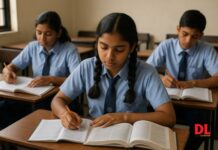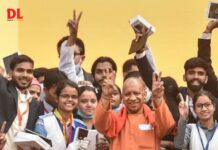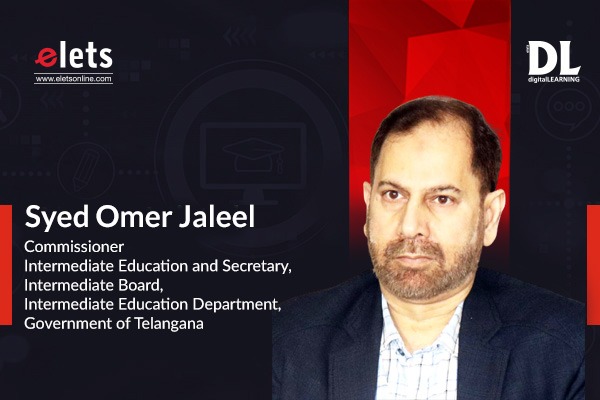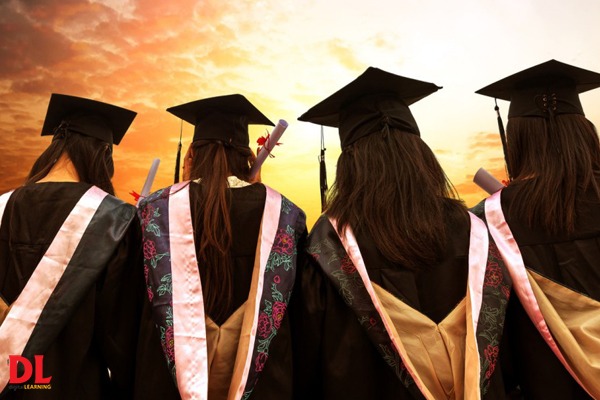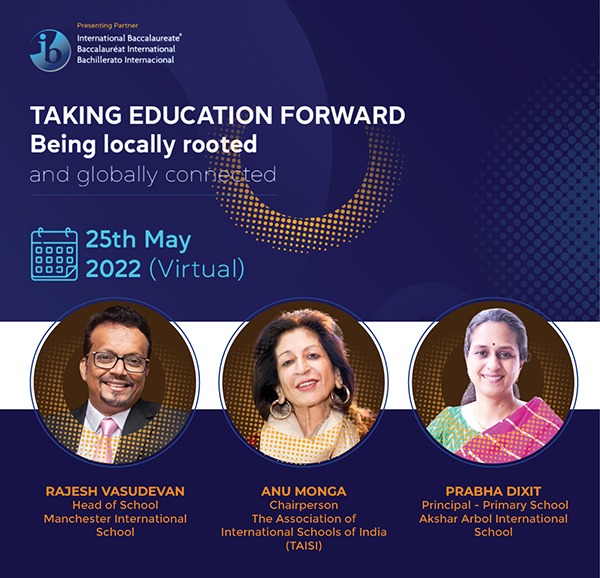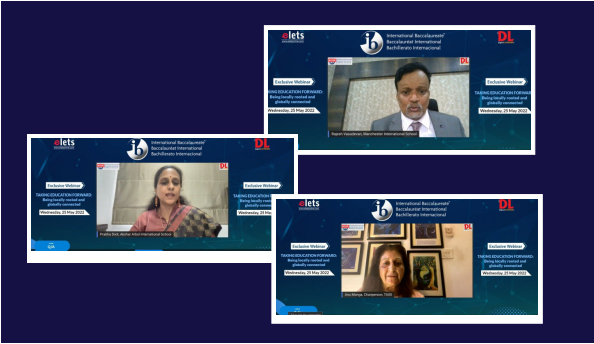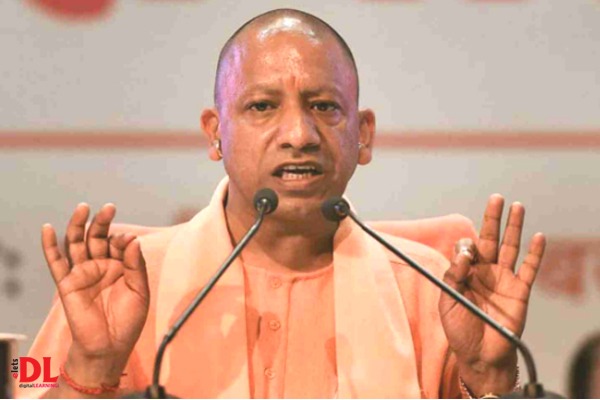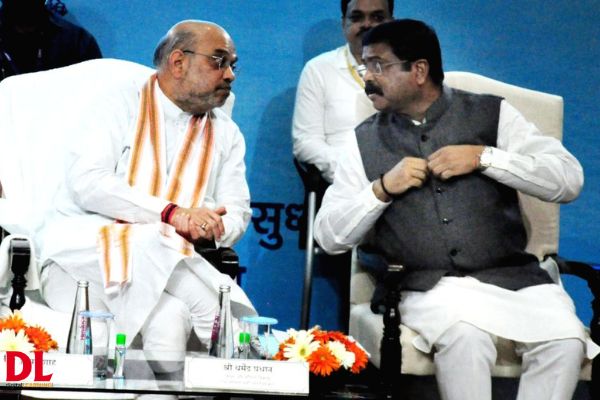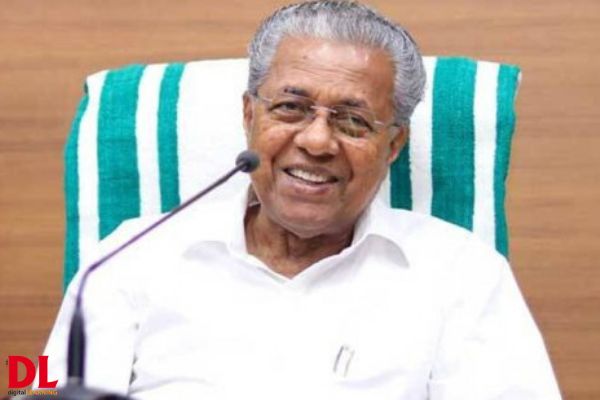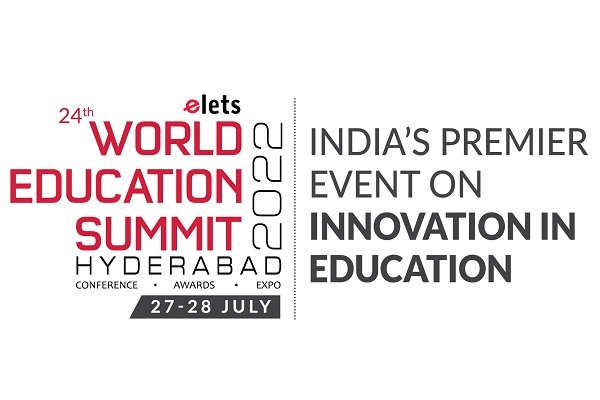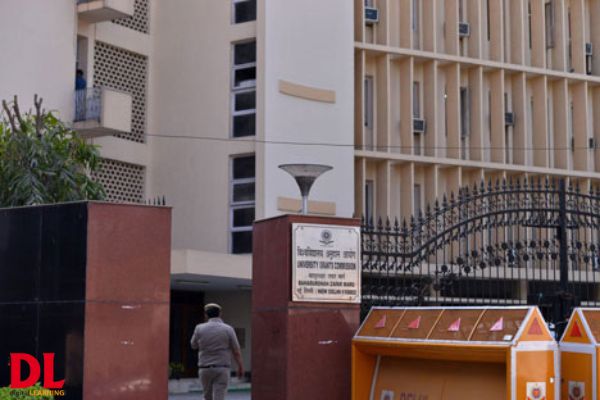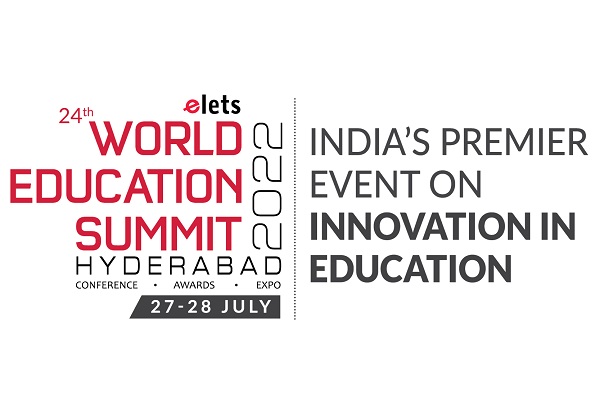Syed Omer Jaleel, Commissioner Intermediate Education and Secretary, Intermediate Board, Intermediate Education Department, Government of Telangana shares with Hemangini Rajput of Elets News Network how Telangana, the youngest state in the country has already carved a niche for itself in the field of education by sanctioning and creating state-of- the-art educational infrastructure and university-industry connect.
What are the initiatives being taken by your department to strengthen education in the State?
The Telangana State Board of Intermediate Education (TSBIE) is always ahead in taking the initiatives to strengthen education, by working for all categories of students, i.e., academically poor, average and intelligent students. The TSBIE has been preparing curriculum and textbooks on par with the Central Board of Secondary Education (CBSE) & National Council of Educational Research and Training (NCERT) by keeping in view all the National level competitive examinations like Joint Entrance Examination (JEE) and National Eligibility Entrance Test (NEET). It really helps all the intelligent students and hence most of the rank holders are from Telangana state. At the same time, the TSBIE prepared Basic Learning Material (BLM) for the sake of the academically poor students to get through the Intermediate Public Examination (IPE). Further, the TSBIE has been giving online coaching for EAMCET (Engineering Agricultural and Medical Common Entrance Test), NEET & JEE.
The Department of Education is bringing about changes to ensure blended learning including classroom learning and online content. This way the students get a richer and more varied learning experience. The online content can give a better understanding as it can use 3D models to explain concepts. Further, slow learners can repeatedly view the content for a fuller understanding. Thirdly, online tests and evaluations help in understanding the learning trajectory of not only the students but also, the teachers. The online content from class 1 to degree levels is available on YouTube platforms of the department as well as telecast from the state education channel called T-SAT. Also, the latest advancements in technology like cloud computing, data analytics, artificial intelligence and biomedical engineering, etc., are introduced in the + 2 and other levels.
How do you see technology enabling education outreach?
Technology is the carrier of education in the days to come. With internet connectivity, education can reach the remotest parts. It can cover the absence of a lack of able teachers. It can help in timely & and accurate assessment of students as well as teachers, and it also helps the students to literally reach the sky in terms of availability of content.
The TS]BIE has become the digital platform by enabling Technology in Education. Almost all the (22) services viz. 16 students and 6 colleges are through online mode. Example, (1) Issue of Equivalency (2) Name Correction (3) Migration (4) Re-verification & Recounting (5) Pass Certificate Verification (6) Duplicate Memorandum of Marks (DMM), Duplicate Pass Certificate (DPC) / Triplicate Pass Certificate (TPC), (7) Attendance Exemption (8) Counter Signature on Transfer Certificate (9) True Extract of Marks Memo (10) Transcripts (11) Examination Fee (12) Group Change (13) Medium Change, Second Language Change (14) TC / Re-Admission. The TSBIE has been rendering its services with zero physical contact by providing Help desk, BIGRS (Board of Intermediate Grievance Redressal System) & Toll Free Number to avoid stress and strain among the students. Nine Clinical Psychologists are appointed to counsel the students before, during, and after the Examinations. Students can attend counseling through a Toll-Free No.
How are you ensuring skilling needs are being fulfilled by your department?
Telangana is a cluster of villages. Most of the students are from a rural and agricultural background. Vocational Education really serves the purpose for rural students to get early employment. In addition to regular vocational courses, short-term vocational courses were also introduced to attract rural students. On Job Training (OJT) is compulsory for all Vocational Students to have field-level knowledge and expertise. Recently, new vocational courses like Robotic Technology, Pharma Technology, etc. were also introduced to upgrade the vocational students for early employment.
The department runs twenty-two different combinations at +2 level in vocational education in varied fields like agriculture, engineering, commerce and business, computers and electronics, and paramedical fields. Recently, the government sanctioned six new courses in artificial intelligence, data analytics, biomedical engineering etc. In addition, short-term courses are also run in the above fields for three, six, nine, and twelve months. Additionally, the department is in MoU with the Government of India skill department as well as private enterprises for skilling internships for +2 students.
What are the challenges and opportunities of digitisation in the education system?
The TSBIE has addressed the COVID-19 Pandemic by taking on the task of digitisation of the content. The TSBIE has digitised entire textbook lessons and tele casted the video lessons through Doordarshan and T-SAT for the sake of all the Intermediate students to safeguard their academic interests of the students. In addition to this, all the digitised lessons were uploaded to the ‘You Tube Channel’ for the sake of the students who couldn’t attend through DD & T-SAT.
The basic learning material is also uploaded on the official website www.tsbie.cgg.gov.in of the TSBIE to make it available for all the students round the clock in addition to the physical material.
Your thoughts on making Telangana as a dream destination for education.
Ans: Telangana, the youngest state in the country, has already carved a niche for itself in the field of education by sanctioning and creating a state-of the-art educational infrastructure and university industry connections. The latest and best courses are on offer at top of the rung government and private universities. This is creating a knowledge society where the world’s top-most businesses are lining up to establish a business in Telangana. The TSBIE always takes a progressive path and the Board has many dreams and would like to take up more projects in the future to facilitate its stakeholders in all ways. On Screen Evaluation, computer-generated Question Paper (QP) is the futuristic plan of the TSBIE, and it is about to reach such milestones.



